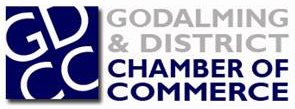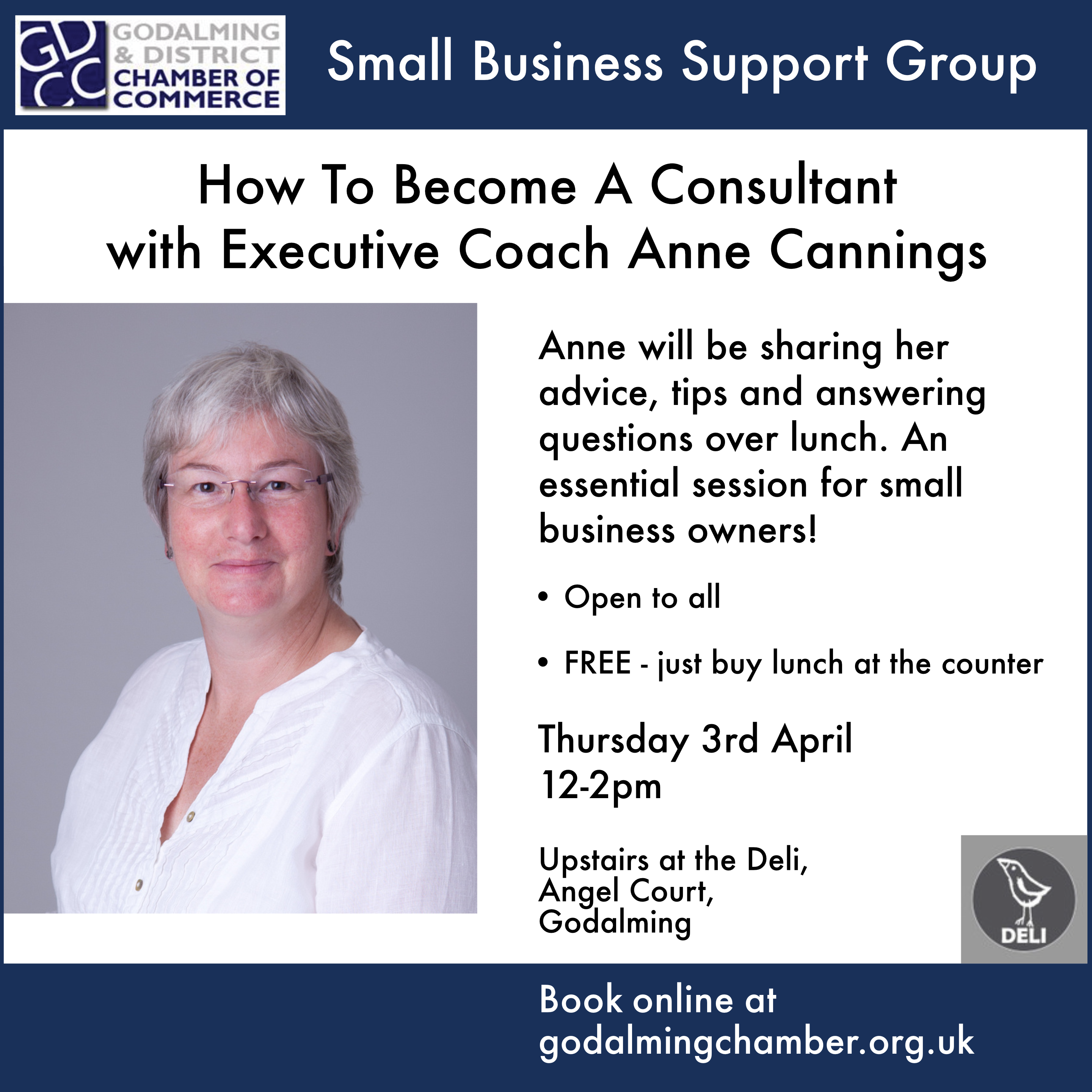As those of you who managed to come to the Chamber full meeting last week will know, there is a fantastic opportunity to work with local secondary school students and to help them with their future careers whilst also bringing benefits to you and your businesses. Rather than reinventing the wheel, please see the information below and click here for a copy of the presentation.
You can contact Mo Forgan, the Enterprise Coordinator, directly for more details:
Mo Forgan,
Enterprise Coordinator, Enterprise M3, LEP
T: 01483 426 140
M: 07702 625 762
Mo has asked me to let you know that next dates for Broadwater School are:
24th Jan 2020 – Careers talks (from 2pm – 3pm)
7th Feb 2020 – Mock interviews/ careers day – probably ½ a day
Dan May of Ramsac is very happy for people to email him directly about this, [email protected]
W/c 13th July 2020 the students will be looking for places for work experience.
HOW THE ENTERPRISE ADVISER NETWORK WORKS
As I indicated, the Enterprise Adviser Network is jointly funded by DfE through the the Careers and Enterprise Company website and Enterprise M3 LEP. It is free to schools. I am working as the Enterprise Coordinator for Waverley and as such I recruit and support schools and EAs to help them provide the best careers provision that they can for students.
THE ROLE OF THE ENTERPRISE ADVISER
The link below will give you an overview of the role of an Enterprise Adviser, although, as I indicated, we are also always interested in business and business people who can help support schools on an ad hoc basis. The EAs are strategic advisers linked to the local business community and supported throughout by the Enterprise Coordinators.
https://www.careersandenterprise.co.uk/employers-volunteers/join-enterprise-adviser-network
| Join The Enterprise Adviser Network | The Careers & Enterprise Company – careersandenterprise.co.uk
www.careersandenterprise.co.uk Your role as an Enterprise Adviser. An Enterprise Adviser is a volunteer from business who works closely with the headteacher or Senior Leadership Team of a school or college to provide strategic support. |
THE GATSBY BENCHMARKS
I also mentioned the Gatsby Benchmarks, which are a framework of eight guidelines that define the best careers provision in schools and colleges. The Government Careers Strategy is built around them, and they are a very well-regarded set of objectives.
The eight Gatsby Benchmarks are:
| Benchmark | Description |
| 1. A stable careers programme | Every school and college should have an embedded programme of career education and guidance that is known and understood by pupils, parents, teachers and employers. |
| 2. Learning from career and labour market information | Every pupil, and their parents, should have access to good-quality information about future study options and labour market opportunities. They will need the support of an informed adviser to make best use of available information. |
| 3. Addressing the needs of each pupil | Pupils have different career guidance needs at different stages. Opportunities for advice and support need to be tailored to the needs of each pupil. A school’s careers programme should embed equality and diversity considerations throughout. |
| 4. Linking curriculum learning to careers | All teachers should link curriculum learning with careers. For example, STEM subject teachers should highlight the relevance of STEM subjects for a wide range of future career paths. |
| 5. Encounters with employers and employees | Every pupil should have multiple opportunities to learn from employers about work, employment and the skills that are valued in the workplace. This can be through a range of enrichment activities including visiting speakers, mentoring and enterprise schemes. |
| 6. Experiences of workplaces | Every pupil should have first-hand experiences* of the workplace through work visits, work shadowing and/or work experience to help their exploration of career opportunities, and expand their networks. |
| 7. Encounters with further and higher education | All pupils should understand the full range of learning opportunities that are available to them. This includes both academic and vocational routes and learning in schools, colleges, universities and in the workplace. |
| 8. Personal guidance | Every pupil should have opportunities for guidance interviews with a careers adviser, who could be internal (a member of school staff) or external, provided they are trained to an appropriate level. These should be available whenever significant study or career choices are being made. They should be expected for all pupils but should be timed to meet their individual needs. |
https://www.gatsby.org.uk/education/focus-areas/good-career-guidance
THE BENEFITS TO YOUNG PEOPLE
Of course, the whole point of this is to help the incoming workforce have a proper understanding of what work looks like and also to help them make good career choices. This is much more interesting, and more of a challenge in an area like Waverley that is full of SME’s rather than large corporates.
Research studies have found that access to careers and enterprise programmes can make a real difference to economic, social and educational outcomes for young people.
https://www.bbc.co.uk/news/education-48268267
Key findings about careers and enterprise programmes suggest that they can:
- improve young people’s ability to make career decisions and their optimism about the future;
- help young people to increase their attainment and be more likely to enrol in post-secondary education;
- reduce young people’s likelihood of becoming unemployed; and
- increase young people’s earnings after they complete their schooling.
THE BENEFITS TO SCHOOLS
The current education strategy requires schools to work towards achieving a stable and meaningful careers programmes for all its students
…and this is done through the Gatsby Benchmarks. Schools have very little time and precious few resources to spend on careers, so this programme is designed to help them achieve the standards set.
THE BENEFITS TO BUSINESSES
Apart from the obvious benefit of meeting the company’s CSR targets/’giving something back’, it helps the businesses engage with the schools and helps them shape the future workforce.
- It can improve staff development (interview skills, relationship building, self-esteem, influencing and negotiating skills)
- It improves the company profile within the community;
- It raises awareness of what the company actually does, and what the world of work is like.
It is meaningful and really does have an impact.



